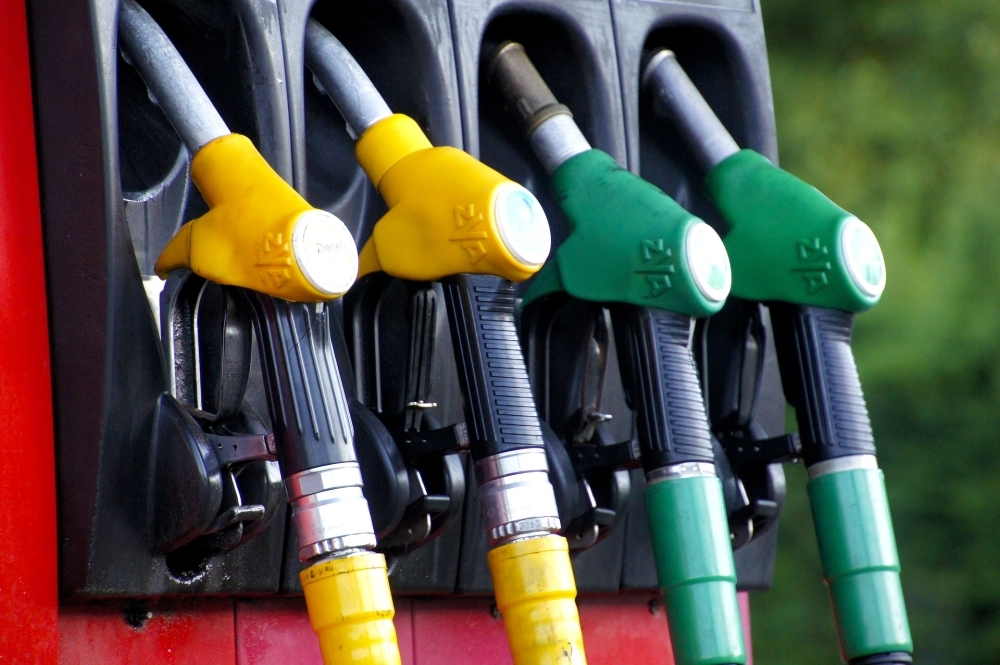50c per litre welcomed
Although fuel prices do not fall in line with lower oil prices in August, fuel dealers will benefit from a higher profit margin.
Fuel traders welcomed a 50 cents per litre (c/l) increase on the retail margin granted by the Ministry of Mines and Energy on Friday, but at the same time expressed their disappointment that it is significantly lower than what they had hoped for.The Fuel and Franchise Association (FAFA) said the adjustment, although it is a step in the right direction, “is significantly lower than what we recommended as a minimum upward adjustment to ensure sustainable and profitable retail operations”.
Despite the lower international oil price and a recovery in the prices of petrol and diesel from N$1.74 and N$1.17 per litre respectively in July, the ministry announced on Friday that fuel prices will mark the pace in August and not be adjusted downwards.
Fuel dealers will benefit from this as the dealer margin is increased by 50 c/l. Petrol station owners' profit margin therefore rises from N$1.13 per litre to N$1.63 per litre.
According to the ministry, the temporary reduction in the other fuel charges such as the MVAF, road user and Namcor charges remains unchanged, but fuel tax is reset to 90 c/l. This applies to all products.
FAFA said in a statement that it is important to note that adjusting the retail margin is only one of the challenges that significantly affects the sustainability and profitability of fuel retailers in Namibia.
“The outstanding issues remain equally important and if they are not urgently resolved by the minister (Tom Alweendo), the industry will face serious consequences that may not only pose a risk to the national security of fuel supply but may even cause the collapse of retail networks within developing rural areas of Namibia,” the association under the chairmanship of Hennie Kruger said.
The outstanding issues include the ministry working with retailers to determine the key cost drivers and timely collection and verification of the necessary data needed to determine the financial health of the fuel retail industry.
Independent investigation
Other matters involve the implementation of an annual margin survey, based on an agreed methodology and the prevention of vertical integration by fuel wholesalers in the retail market. This should include steps to prevent wholesalers from offering discounts and credit arrangements for fleet consumers through loyalty and other schemes, FAFA said.
They also asked that the double revenue that banks earn by collecting card commission and service charges during the sale of fuel from both dealers and consumers should be investigated.
Another request is for a moratorium on the issuing of new fuel retail licences until an independent investigation has been carried out into the existing number of active fuel retail licences, the sustainability and profitability of these retail licence holders, and the potential unfair practices and/or non-compliance with existing competition laws.
In this connection, FAFA is referring to the ministry that acts as both regulator and competitor, and that continues to issue licences to, among others, Namcor within already saturated and fully serviced areas.
Finally, the association pointed out that the illegal smuggling and sale of fuel must be combated by the appropriate authorities by prosecuting the offenders in terms of the applicable fuel legislation.



